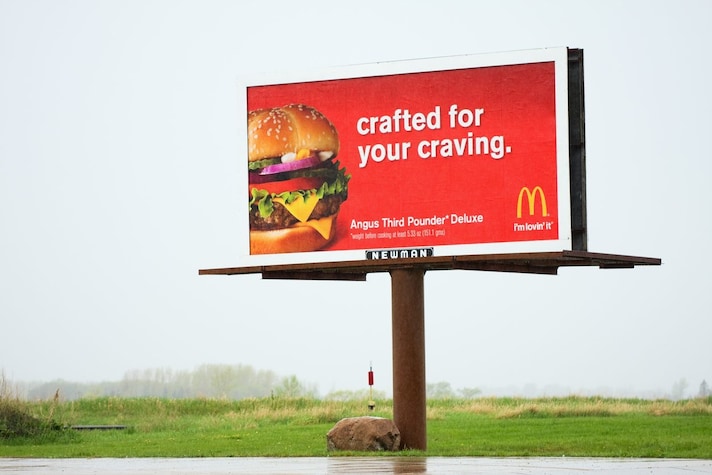
Junk food is under fire again: this time, it's advertising that's being pilloried. The risks and problems associated with junk food have been discussed for years, but now a British study goes beyond simple consumption: it appears that just five minutes of advertising featuring high-fat foods is enough to induce children to consume approximately 130 extra calories per day.
The Study
The research, conducted by a team from the University of Liverpool and presented at the European Congress on Obesity in Malaga, analyzed the behavior of 240 children between the ages of 7 and 15. They were shown, at two different times, five minutes of advertisements for rich, fatty, sugary, and salty foods, and then advertisements for products other than food. After the exposure, they were offered snacks —both fruit and chocolates—giving them the freedom to choose. The results showed that, after watching junk food, the children consumed an average of 58 kcal more at snack time and 73 kcal more at lunch —even if it occurred two hours after the viewing—for a total of 131 kcal more.
The Importance of The Medium and The Brand
“The medium is the message,” said Marshall McLuhan, emphasizing the need to analyze not only the content, but also the medium through which it is conveyed. And that's exactly what the researchers examined, and the result was unexpected: advertising produces the same effect regardless of the medium it's transmitted through, be it television, social media, podcasts, or even good old-fashioned billboards.

But it's not just about the type of food: the study revealed that simply looking at advertisements for some well-known junk food brands can produce the same results. Professor Emma Boyland, a professor of food marketing and child health at the University of Liverpool, stated: "Ours is the first research to show that even exposure to the brand alone pushes children to eat more. These foods weren't advertised or shown with brands, yet the children ate more. It's as if the advertising stimulus triggered a general impulse to consume."

Towards New Restriction Policies
The results of this study have highlighted a significant issue: if it's true that even a single advertisement can increase daily calorie intake, it's easy to see how banning, or at least restricting, advertising could play a key role in the fight against obesity in children. Katharine Jenner, director of the Obesity Health Alliance, stated that the study must send "a clear message to policymakers: food advertising is driving excessive calorie intake in children."
Based on these findings, a ban on the broadcast of these commercials on TV before 9:00 PM and online at any time will come into force in the United Kingdom starting next October. This is an important step aimed at protecting children who are already overweight or obese and, therefore, more vulnerable. New measures will need to be adopted regarding the dissemination of certain types of advertising and a solution will be found to certain loopholes that still allow various brands to "advertise to young people even without showing specific products, on billboards and at bus stops," emphasizes Dr. Jenner.
;Resize,width=767;)
